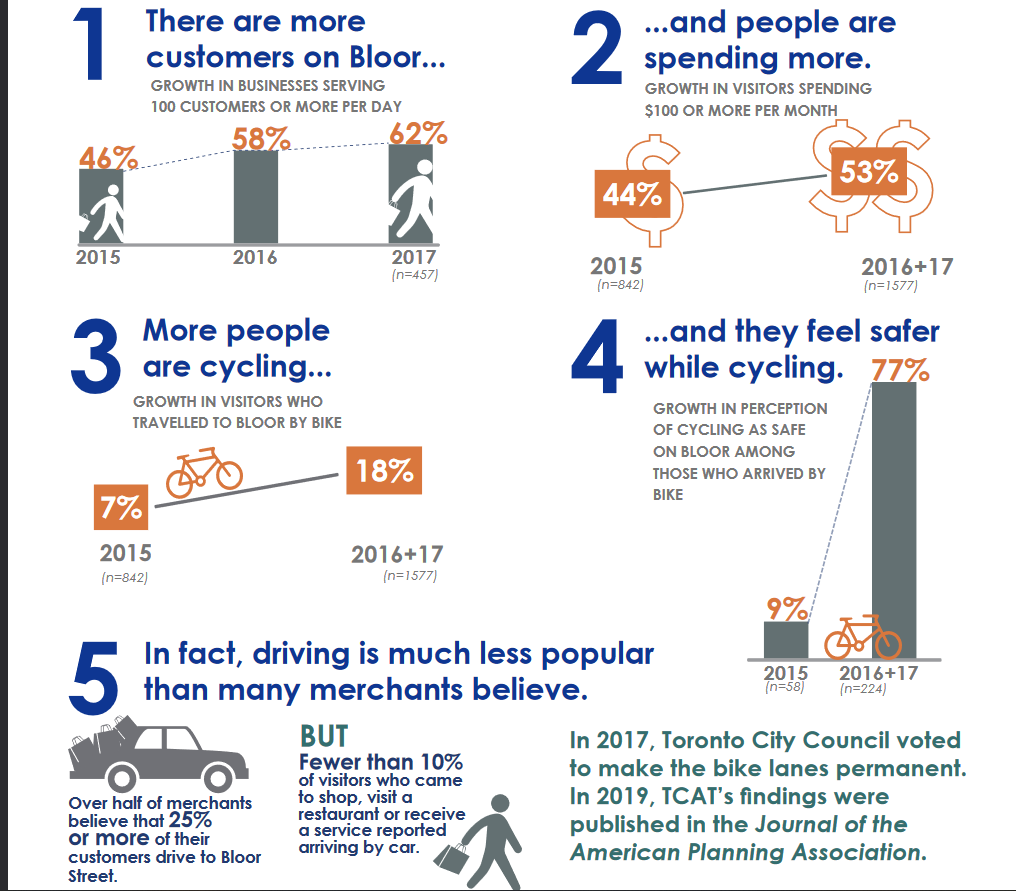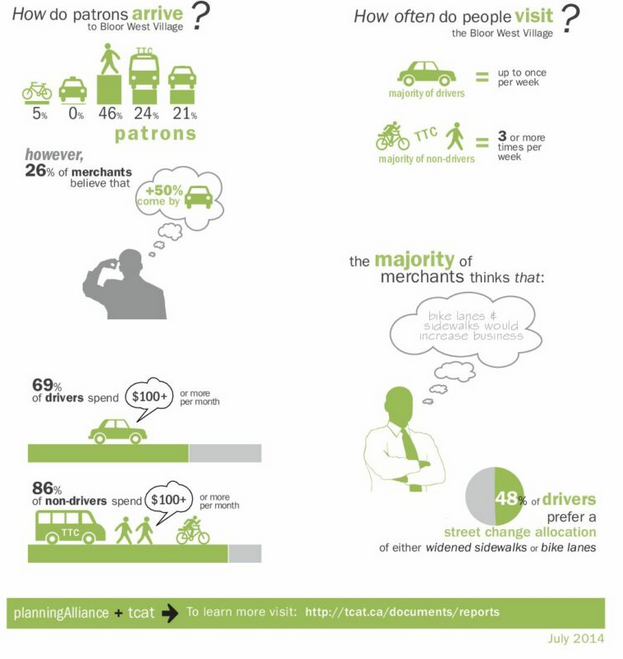by Tony Wikrent
Strategic Political Economy
The Quiet Coup: Neoliberalism and the Looting of America — EXCERPTS
Mehrsa Baradaran (New York, W.W. Norton, 2024)
Introduction
Ideologies that have developed memelike qualities, like race and religion, have been some of the most potent forces shaping human history, especially when they have fused with the law. Racial hierarchy began as ideology to justify plunder and slaughter—those who murdered unjustly, like the Spanish conquistadors or British slave traders, blamed their crimes on their victims’ “inherent” inferiority and a meme was born in the world. Before the wholesale theft of indigenous land, the law justified it. In the early nineteenth century, Chief Justice John Marshall deemed that the indigenous tribes in America could not own or sell their land on account of their inherent “savagery.” The law thereafter demarcated property rights as the exclusive domain of white men, paving the way for manifest destiny, the seizure of 1.5 billion acres of land for private ownership, and the genocide of millions of indigenous people. Marshall built his legal opinion on precedent and theory provided by the British philosopher John Locke, whose theory of property law was popular in Great Britain in the late 1600s at the height of the British slave trade. It was “natural” and just, noted Locke, that “the creator” had endowed only “the industrious and rational” white men with the right to own land and people. It was also expedient. Ideologies persist through replication exactly because they evade detection, and through the process of replication, they evolve. For example, the ideology of patriarchy once reinforced itself through property laws like coverture and primogeniture that prohibited women from owning property. Once an ideology is embedded in legal code, its silent perpetuation is guaranteed.
Patently immoral practices like colonial subjugation, slavery, land theft, Jim Crow, segregation, and forced labor lasted so long that the theories that once justified them—like divine decree—no longer did the job. Instead of addressing the injustices that racist ideologies had created, often, those with the most to lose went looking for new ideologies Ito justify their unfair position at the top: first, Christianity; then Darwinian science; then the pseudo-scientific babble of “human IQ” testing; then, as was the case at the end of the 1960s, economics.
xxx
As John Adams once wrote to Thomas Jefferson (20 June 1815), ‘Power always sincerely, conscientiously… believes itself Right. Power always thinks it has a great Soul, and vast Views, beyond the Comprehension of the Weak; and that it is doing God’s Service, when it is violating all his laws.” 19 Such was the object of the neoliberal revolution in legal theory: to infuse raw power with a soul—and snuff out the discretion that is law’s dynamic living heart.
The law is the most powerful engine through which ideologies can become self-replicating engines. John Locke’s theory of property as the endowed right of white men to use and to produce worked like witchcraft—the natural world, which had sustained societies for thousands of years, could suddenly be taken by force, enclosed, and tilled for the sole profit of one man, with trespassers punished. The conversion of land into one person’s permanent property was not permissible under the indigenous populations who had long occupied it, nor was such a thing permissible anywhere in the world except Europe—and even there, only after the enclosure movements of the 1600s. The brilliant and prolific philosopher Locke happened to be under the patronage of Anthony Ashley Cooper, one of the richest men in England (who later became the First Earl of Shaftesbury); he was first hired as Cooper’s personal doctor, but as the earl entered politics to advocate for more property rights, Locke’s star rose alongside his. And property laws were passed in legislatures and handed down over time, carrying memes from men long dead with ideas long denounced.
Law codified land into assets and has been extending the market into new frontiers ever since—from corporate shares and derivatives to NFTs—transforming abstract ideas into tradable assets. A similar alchemy transformed gold into money by smelting an image onto a coin, then transformed gold coins into bank notes emblazoned with the image of a king, queen, or president. Initially, it was gold’s malleability that made it ideal for coinage. But with the rise of empire and Great Britain’s dominance of the global trade in gold, the gold standard became yet another ideology to preserve power. Locke’s theories about gold being the highest source of value on account of its scarcity have been as impossible to dislodge from monetary theories as his ideas about race have been from property laws. But Locke was wrong—gold was not valuable. Then, as now, money’s value derived from the image on the coin. Money is a symbol of people’s trust in the government that issued it. Gold’s scarcity was not the source of its value, but it was one of the causes of hundreds of years of wars in Europe over the scarce metal. While empire based on the gold standard and justified by white supremacy fell to the global horror of World War II, the underlying logic of both lingered. Unaddressed and unexamined, these bad ideas continue to breed distrust in our societies and scarcity in our economies. The greatest villains of our modern times are rarely human beings but the zombie ideas of dead men that continue to shape our societies.
FAR FROM BEING a battle between capitalism and communism, as so many historians have painted the era’s conflict, the global revolutions of the 1960s were the only world wars that involved the entire world. Truly, the world had turned upside down as a globe dominated by a handful of empires became a world with over a hundred independent nations—each demanding equal sovereignty on the world stage. The possibilities were breathtaking and the 1960s saw the first worldwide conversation between and among peoples speaking to one another. Neoliberalism was the successor ideology of empire. Gone were the gunboats, colonial governments, and talk of civilizing savages. Instead, development loans, sovereign debt markets, and transnational corporations became the face of power in the Global South. The guns did not disappear of course, but were traded on global markets from distributors to trade-friendly governments.
After decades of relentless activism by Black Americans across every legal domain, the American South’s chokehold on the law finally broke and the Constitution’s promise of equality was secured for all Americans. The last stages of the civil rights movement forced the quiet oppression of southern law to show its teeth and claws
[TW: I am greatly encouraged that Baradaran identifies John Locke as one of the major causes of bad political economy. As I have noted a number of times, it was Locke’s ideas of private property that made liberalism so insidiously destructive of the founding philosophy of civic republicanism, leading us to our present megacrises.
[Baradaran’s book is an excellent accompaniment to The Lever’s epic and important series on The Master Plan (see below). She discusses some people who The Lever series has not mentioned yet, such as Ayn Rand acolyte and neoliberal enforcer Alan Greenspan, who played a central role in Richard Nixon’s 1968 campaign, and the development of conservative economics as a cloak for outright racism.]
The Secret Plot To Buy American Democracy (podcast)
[The Lever, September 20, 2024]
In 1971, Lewis Powell, a tobacco industry lawyer and future Supreme Court justice, penned a memo calling on conservatives and business interests to make the nation’s legal system far more friendly to corporate power. A few years later, a lawyer named Michael Horowitz penned a follow-up memo calling for conservatives to indoctrinate generations of lawyers as the right’s foot soldiers on the ground.
Today on Lever Time, senior podcast producer Arjun Singh talks to David Sirota and Jared Jacang Maher about their deep-dive investigation into this 50-year plan in the hit new Lever podcast Master Plan. Then, Arjun sits down with journalist David Daley to discuss his latest book, Antidemocratic: Inside the Far Right’s 50-Year Plot to Control American Elections.
Daley’s book centers on Chief Justice John Roberts, whose ascent to the high court — and the conservative rulings he’s handed down — were the culmination of decades of work that began with Powell and Horowitz’s memos.
Master Plan, Ep 5: How Corporations Became People (podcast)
Corporations Are People, My Friend (YouTube video)
[The Lever, September 10, 2024]
In Master Plan’s fifth episode, we explore how an unlikely catalyst — Robert Kennedy’s 1968 assassination — created an opportunity for his Senate replacement to manufacture the first and perhaps most important blow against America’s new campaign finance laws: Buckley v. Valeo. With a supporting cast including James Buckley, John Bolton, Charles Koch, and Robert Bork, this U.S. Supreme Court case was the first to frame the fight against campaign finance regulations as a crusade for free speech and third-party rights.
MASTER PLAN, Ep 6: The Maverick Vs. The Corruption Machine (podcast)
[The Lever, September 17, 2024]
In the 1980s, the U.S. government was anything but clean. After the landmark Supreme Court cases we told you about in Episode 5 turned money into “speech” in the 1970s, cash began flowing into elections unchecked. Big donors also expected big favors.
It wasn’t such a surprise, then, when five U.S. senators got caught in 1989 for allegedly trying to pressure a federal bank regulator to go easy on savings and loan magnate Charles Keating. But what no one expected was that one of the so-called “Keating Five,” a relative newcomer named John McCain, would do far more than apologize for his mistakes; he’d transform into the staunchest campaign finance reformer since Watergate.
McCain would need his unpredictable “maverick” energy for the fights ahead. Because once he set his sights on wrangling the dark money out of politics, he’d find himself butting heads with two powerful members of his own party — a senator who’d been called the “Darth Vader of campaign finance reform,” and a governor-turned-president backed by big donors.
Read More



 Nasrallah is dead, assassinated by the Israelis. There have been significant bombings in Beiruit, and escalation between Hezbollah and Israel are clear.
Nasrallah is dead, assassinated by the Israelis. There have been significant bombings in Beiruit, and escalation between Hezbollah and Israel are clear. As blogs go this one has been around for a long time. It started a political/economic/financial blog back in 2009, but over the years I’ve written less and less about finance and politics and turned to topics I consider more important. As the amount of “red meat” has gone down, the readership hasn’t, and I’m grateful.
As blogs go this one has been around for a long time. It started a political/economic/financial blog back in 2009, but over the years I’ve written less and less about finance and politics and turned to topics I consider more important. As the amount of “red meat” has gone down, the readership hasn’t, and I’m grateful.